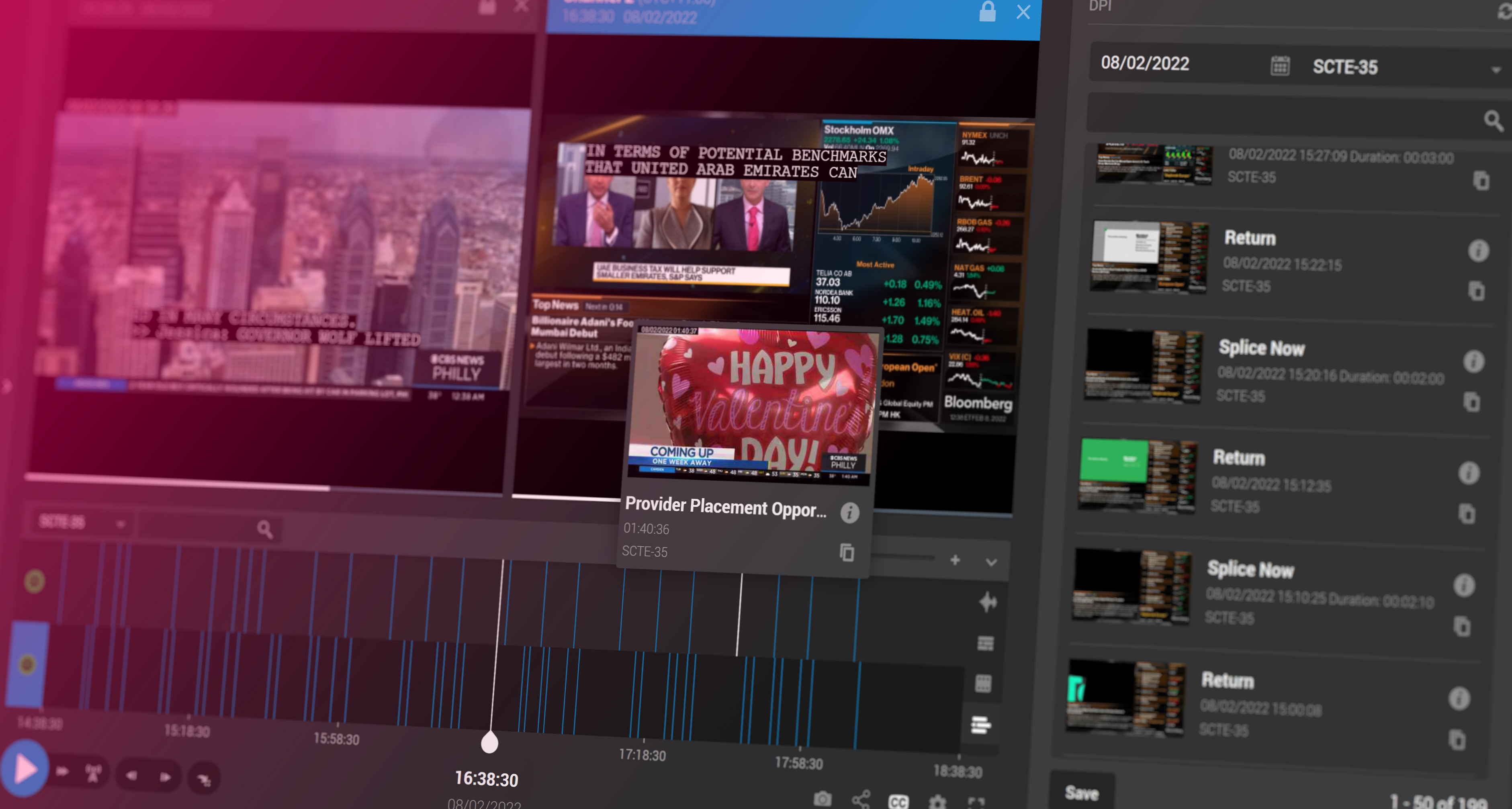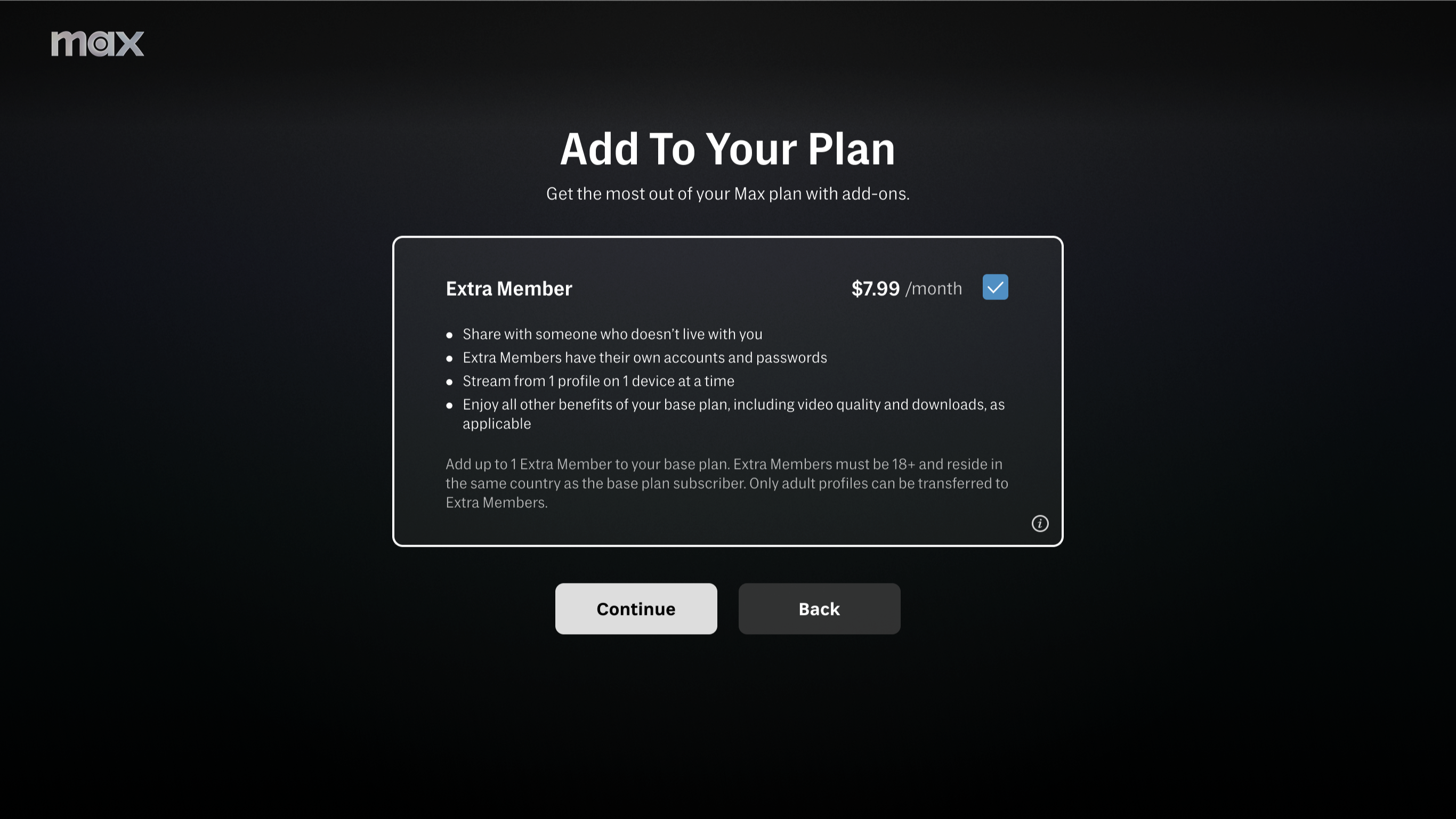Mediaproxy To Show AI-Powered Captioning, Transcription for LogServer At IBC 2024
LogServer now supports AI-Media Technologies LEXI Recorded and Skyline Communications DataMiner

MELBOURNE, Australia—Mediaproxy will feature the latest additions to its LogServer compliance monitoring system, including support for AI-powered captioning and transcription as well as open monitoring and orchestration software at IBC 2024, Sept. 13-16, at the RAI Amsterdam Convention Center.
LogServer now incorporates support for AI-Media Technologies LEXI Recorded self-serve captioning and transcription as well as Skyline Communications DataMiner, an open monitoring and orchestration solution, the company said.
For U.S. broadcasters, LogServer offers ATSC 3.0 capability for NextGen IP channels. Mediaproxy has developed a new, software-based technique for monitoring both on-air and off-air ATSC 3.0 streams, which is necessary to analyze the multiple segments and services being carried, it said.
LogServer also conforms to the main standards currently used for broadcast TV and streaming, including SMPTE ST 2110 and NMOS (Networked Media Open Specifications), for the transport of media over IP networks, and SCTE (Society of Telecommunications Engineers) guidance on dynamic ad insertion. Mediaproxy also will demonstrate cloud operation and the ability to work with clustering decentralized systems on IP networks, it said.
The company will show a new clip processor and publisher. Redesigned from the ground up, the solution builds on the success of the LogJam engine in providing scalable options for processing workflows, it said.
Mediaproxy also will feature the latest generation of software-based interactive multiviewing systems and other additions to the Monwall multiviewer, it said.
See Mediaproxy at IBC 2024 Stand 5.D72.
Get the TV Tech Newsletter
The professional video industry's #1 source for news, trends and product and tech information. Sign up below.
See AI-Media Technologies at IBC 2024 Stand 5.C33.
See Skyline Communications at IBC 2024 Stand 1.A57.
More information is available on the Mediaproxy, AI-Media Technologies and Skyline Communications websites.
Phil Kurz is a contributing editor to TV Tech. He has written about TV and video technology for more than 30 years and served as editor of three leading industry magazines. He earned a Bachelor of Journalism and a Master’s Degree in Journalism from the University of Missouri-Columbia School of Journalism.

